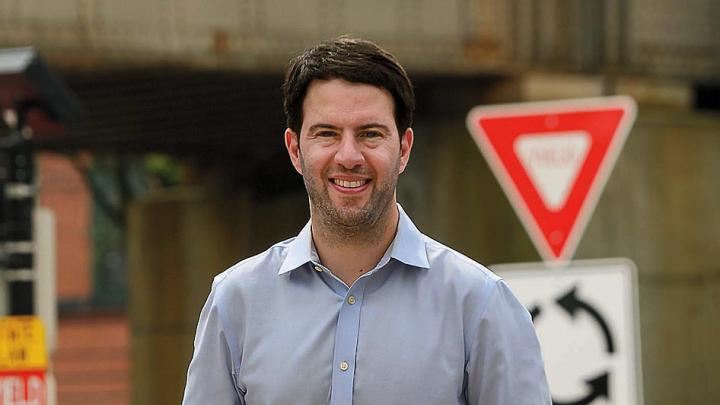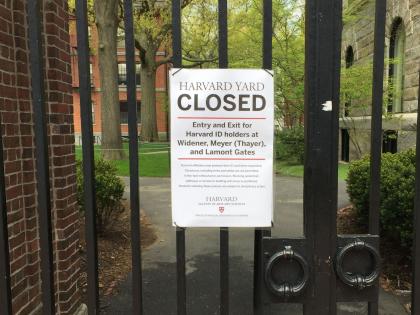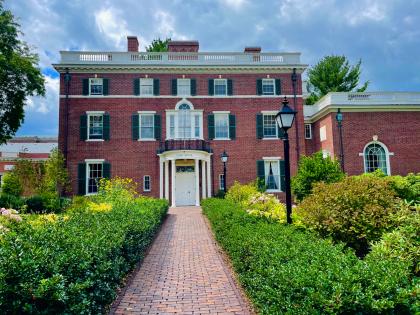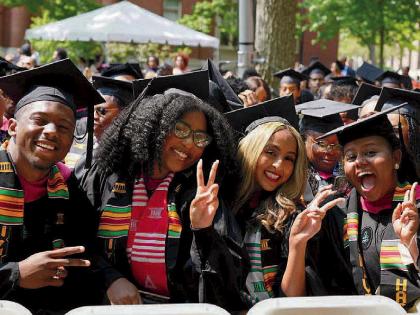Nicholas Stephanopoulos was a second-year law student at Yale when the Supreme Court ruled—unsatisfactorily, he believed—on the 2004 Pennsylvania gerrymandering case Vieth v. Jubelirer. Splitting 5-4, the justices upheld the state’s partisan Congressional districts and left unresolved the question of whether the courts should have a say in political gerrymandering. For Stephanopoulos, now Kirkland & Ellis professor of law, the case was a game-changer: election law, democratic theory, and the American electoral system came to dominate his career. Gerrymandering is a particular fixation—he’s best known for developing a quantitative measure of partisan bias in districting that became the basis of lawsuits in North Carolina and Wisconsin, which he helped litigate all the way to the Supreme Court (where both ultimately lost). Stephanopoulos ’01, who studied government at the College, is writing a book about the concept of alignment: how closely government policies and actions reflect voters’ wishes. “Alignment is at the heart of what it means to be a real democracy,” he says, and the “most powerful tools” working against it include voter suppression (Stephanopoulos has sharply criticized recent Supreme Court decisions undermining the Voting Rights Act), money in politics, and, of course, gerrymandering. These are obsessions he shares with his wife, Ruth Greenwood, visiting assistant clinical professor and director of Harvard’s new Election Law Clinic. The cake at their 2015 wedding featured a blue-icing version of Illinois’s earmuff-shaped 4th Congressional district, with boundaries drawn to give Latino voters greater representation (not all “‘funny-looking’ districts are bad,” he notes). For election-law scholars like them, the past year has been riveting—and worrying: following the 2020 census, every state is set to redraw its district maps next year, “and I think we’re about to see some of the most aggressive gerrymanders in American history.”
Nicholas Stephanopoulos

Nicholas StephanopoulosPhotograph by Jim Harrison
You might also like
Harvard’s Year That Was
Amid academic honors, the Faculty of Arts and Sciences focuses on the campus protest and task forces on antisemitism, anti-Muslim bias, civil discourse, and institutional voice.
Governance Reform from Below?
In a tumultuous year, Harvard professors discuss a University faculty senate.
Finding Harvard’s Voice
Danielle Allen’s educational vision
More to explore
Harvard Cardinal Robert W. McElroy on the Changing Catholic Church
Cardinal Robert W. McElroy on how the Catholic Church has moved towards inclusivity.
AI as Cancer Oracle?
How is artificial intelligence (AI) being used for cancer detection and prevention?
The Harvard Graduate and Early Vegetarian Benjamin Smith Lyman
Brief life of the vegetarian trailblazer, 1835-1920







